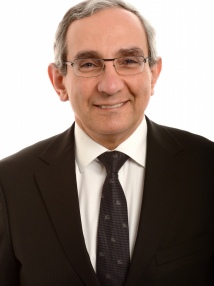BibTex format
@article{Leff:2015:10.1002/bjs.9970,
author = {Leff, DR and Petrou, G and Mavroveli, S and Bersihand, M and Cocker, D and Al-Mufti, R and Hadjiminas, DJ and Darzi, A and Hanna, GB},
doi = {10.1002/bjs.9970},
journal = {British Journal of Surgery},
pages = {207--217},
title = {Validation of an oncoplastic breast simulator for assessment of technical skills in wide local excision.},
url = {http://dx.doi.org/10.1002/bjs.9970},
volume = {103},
year = {2015}
}

